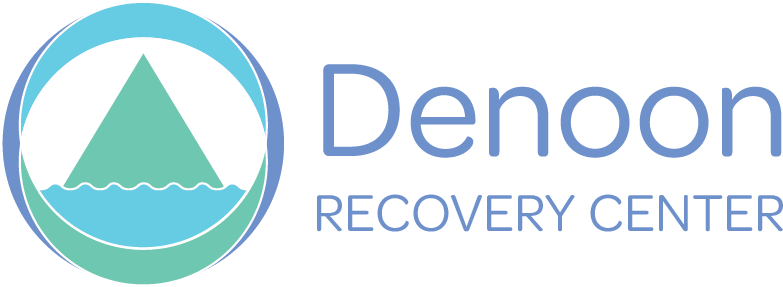Dual Diagnosis Center in Wisconsin
Denoon Recovery is your trusted dual diagnosis treatment center in Wisconsin. We recognize that addiction rarely occurs in a vacuum; it’s often accompanied by various mental health disorders. With an integrated approach, our highly-trained medical staff addresses both your addiction and mental health issues, providing you with comprehensive care to guide you towards a healthier, happier life.

What Are Co-Occurring Disorders (Dual-Diagnosis)?
Co-occurring disorders, also known as dual diagnosis, refer to the presence of a substance use disorder alongside another mental health condition like anxiety, depression, trauma, PTSD, bipolar disorder, or obsessive-compulsive disorder. This dual condition can create a cycle that’s hard to break, as one disorder can exacerbate the symptoms of the other.

Statistics:
The Scope of the Problem
According to the National Institute on Drug Abuse, 52.5% of those with co-occurring conditions received neither mental health care nor substance use treatment. More than one in four adults living with serious mental health problems also has a substance use problem.
The Substance Abuse and Mental Health Services Administration (SAMHSA) announced that nearly one in three adults had either a substance use disorder or any mental illness in the past year 3. The 2019 National Survey on Drug Use and Health (NSDUH) found that approximately 9.5 million American adults (3.8 percent) had a mental illness (AMI) as well as a substance abuse issue. These statistics highlight the need for effective and approachable dual diagnosis treatment.
Common Co-Occurring Mental Health Disorders
Several mental health disorders commonly co-occur with substance use disorders.
Individuals suffering from depression may use substances to self-medicate and temporarily alleviate their symptoms, but substance use can often worsen depressive symptoms over time.
This includes generalized anxiety disorder, panic disorder, social anxiety disorder, and others. Like depression, people with these conditions may use substances to try to reduce their anxiety, but this can lead to a cycle of dependency and worsening symptoms.
Substance use can be a way for individuals with bipolar disorder to cope with their symptoms, including both manic and depressive episodes. However, substance use can also trigger mood episodes and make the overall course of the disorder more severe.
Individuals with PTSD may turn to substances as a way to numb their feelings or to try to forget traumatic memories, but substance use can interfere with the processing of trauma and exacerbate PTSD symptoms.
People with ADHD may be more likely to develop substance use disorders, in part due to the impulsivity and difficulty with self-regulation that are common with this condition.
The relationship between schizophrenia and substance use is complex. Some people with schizophrenia may use substances to cope with their symptoms or the side effects of their medication, while in other cases, substance use may contribute to the development or worsening of psychotic symptoms.
People with BPD may use substances to cope with intense emotions, to manage feelings of emptiness, or to deal with episodes of dissociation. Substance use can increase the risk of self-harm and suicidal behavior among individuals with this disorder.
Some people with OCD may use substances in an attempt to reduce their obsessions or compulsions, but substance use can often make OCD symptoms worse.
Remember, if you or someone you know is struggling with a mental health disorder and substance use, it’s important to seek professional help. Dual diagnosis programs are designed to treat both conditions simultaneously to improve overall outcomes.
Benefits of Dual Diagnosis Treatment
Dual diagnosis treatment, which addresses both mental health disorders and substance abuse issues simultaneously, has a number of potential benefits:
Dual diagnosis treatment takes into account the complexity of each individual’s condition, providing a more holistic care.
By treating both conditions together, healthcare providers can better understand how these disorders interact and impact each other.
Addressing both issues at once often leads to better overall outcomes as it prevents untreated symptoms of one disorder from hindering the treatment of the other.
Dual diagnosis treatment can decrease the risk of relapse because it aims to equip individuals with the skills they need to manage both their substance use and mental health symptoms.
Each person’s combination of mental health disorder and addiction is unique, so dual diagnosis programs are designed to meet these individual needs.
Many dual diagnosis programs also provide life skills training, helping individuals to function better in their daily lives.
Dual diagnosis treatment programs often offer group therapy or support groups, giving individuals the opportunity to connect with others who are facing similar struggles.
Treating only one condition can lead to a cycle where each untreated illness triggers symptoms in the other. Dual diagnosis treatment breaks this cycle by treating both conditions simultaneously.
Overcoming addiction and managing mental health can greatly improve an individual’s quality of life, including relationships, work, and overall health.
Remember, it’s important to seek professional help if you or someone you know is struggling with co-occurring disorders. Treatment options and approaches can vary, so it’s crucial to find a program that fits the individual’s specific needs.
What Can I Expect During Dual Diagnosis Treatment?
During dual diagnosis treatment, you can expect a comprehensive and integrated approach to addressing both your mental health disorder and substance use disorder. Here’s what the process typically involves:
The first step in dual diagnosis treatment is a thorough assessment to determine the nature and severity of both your mental health and substance use disorders. This will involve interviews, questionnaires, and medical tests.
If necessary, you’ll undergo a medically supervised detoxification process to safely remove substances from your body. This process is monitored by medical professionals to manage withdrawal symptoms.
Based on your assessment, a personalized treatment plan will be developed to address both your mental health and substance use issues. This plan will likely involve a combination of therapies, medications, and supportive services.
Cognitive behavioral therapy (CBT) is often used in dual diagnosis treatment. CBT helps you understand and change thought patterns that lead to harmful behaviors. Other therapeutic approaches may also be used, such as dialectical behavior therapy (DBT), motivational interviewing, and group therapy.
Depending on your specific conditions, medication may be used to manage symptoms of your mental health disorder, reduce cravings for substances, or both.
Dual diagnosis treatment often involves support services to help you manage other areas of your life that may be affected by your conditions. This could include vocational training, housing assistance, and help with legal issues.
Towards the end of your treatment program, an aftercare plan will be created to help you maintain your recovery. This might involve ongoing therapy, support group meetings, and strategies to handle potential relapses.
The Importance of Treatment
Failure to treat both disorders can result in poor outcomes and a higher likelihood of relapse or worsening mental health. That’s why we at Denoon Recovery are committed to providing a comprehensive approach to dual diagnosis treatment in Wisconsin.
Contact Denoon Recovery Today!
If you or a loved one is struggling with co-occurring disorders, don’t hesitate to reach out. Contact Denoon Recovery today to learn more about our dual diagnosis treatment program. It’s never too late to take the first step towards a healthier, happier you.
Don’t wait. Your road to recovery starts here. Contact us now.


